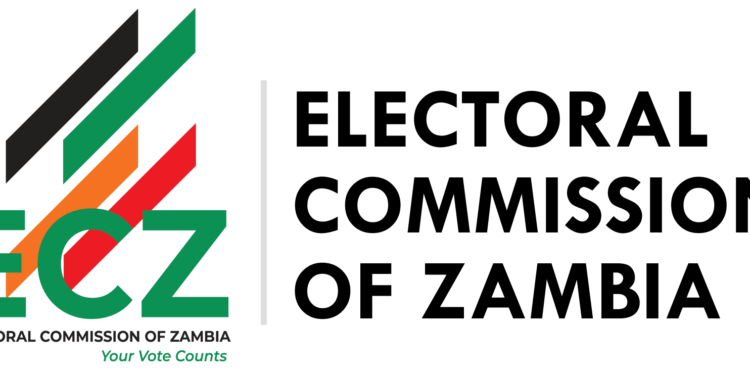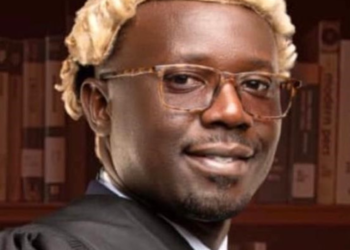ECZ Must clean voter registration mess
Editorial Comment
THE ongoing mass voter registration exercise by the Electoral Commission of Zambia (ECZ) has regrettably been marred by logistical, administrative and communication failures that threaten to undermine public confidence in the electoral process. What should have been a seamless, transparent and inclusive national exercise has instead turned into a source of frustration, confusion and suspicion for many citizens.
Across the country, reports have emerged of registration centres opening late or closing prematurely, with some remaining shut for inexplicable periods. Political parties, civil society organisations and faith-based organisations have all expressed dismay at the state of disorganisation and poor service delivery at several registration centres. These lapses are not minor technicalities as they directly affect the ability of the citizens to exercise their most fundamental democratic right: the right to vote.
Movement for National Restoration (MNR) leader John Sangwa has rightly sounded the alarm on the widespread operational and logistical failures by the ECZ. His warning that these inefficiencies risk disenfranchising thousands of eligible voters is not an exaggeration. Indeed, when citizens are left uncertain about where or when they can register, when systems repeatedly break down, and when officials appear unprepared or uninformed, the credibility of the entire process comes under question.
More troubling is the perception that these failures might not be entirely accidental. Some political stakeholders have raised concerns that the chaos characterising the ongoing registration could be part of a broader scheme to manipulate next year’s general elections. While such allegations remain unproven, the fact that they are gaining traction is itself damaging. It speaks to a trust deficit between the ECZ and the public. This problem that can only be bridged through greater transparency, accountability, and proactive engagement.
The ECZ must urgently acknowledge that voter registration is not merely an administrative exercise. It is the foundation upon which the legitimacy of any election rests. Article 43(2) (b) of the Constitution places a duty on every citizen to participate in elections, but that duty can only be fulfilled if the state, through the ECZ, provides an enabling environment. The current situation, where citizens spend hours queuing only to be told systems are down or that centres are closed, violates the spirit of universal suffrage and equality of participation.
It is not enough for the ECZ to issue press statements insisting that all is well when evidence on the ground suggests otherwise. The Commission must take immediate corrective action. First, it should convene a broad-based stakeholders’ meeting bringing together political parties, civil society, and faith-based organisations to explain the challenges being faced and the concrete measures being taken to resolve them. This will not only demonstrate accountability but also rebuild trust and reduce speculation.
Second, the ECZ must intensify voter education and sensitisation. Many citizens remain unaware of the registration procedures, timelines, and requirements. Inadequate public communication has contributed to confusion and apathy, especially in rural areas. A strong communication strategy using radio, social media, and community networks is vital to ensure no one is left behind.
In light of the numerous technical failures and downtime experienced during the initial days, the ECZ should seriously consider extending the registration period beyond the November 11 deadline. This would be a fair and practical response to lost time and would signal the Commission’s commitment to ensuring that every eligible voter is afforded the opportunity to register.
Zambia’s democracy has long been admired in the region for its peaceful transitions and respect for the rule of law. But democracy cannot thrive without a credible electoral process anchored on fairness, efficiency, and inclusivity. The ECZ must therefore rise to the occasion, correct its course, and restore the faith of the Zambian people in an institution that stands at the very heart of our democracy.

























